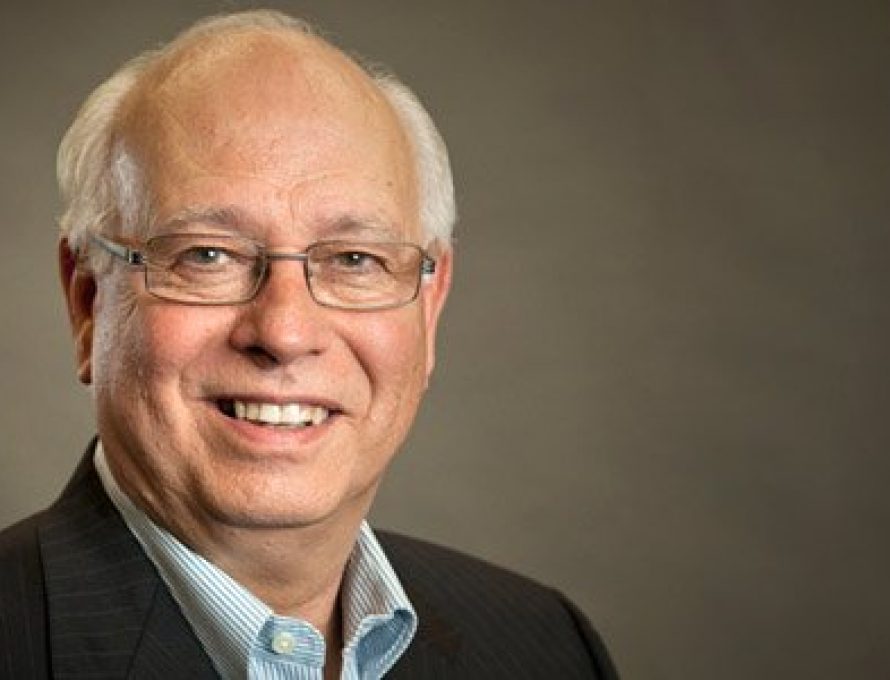While we think of gathering family and eating more than we should – along, of course, with Black Friday sales – we should know there were faithful people who nearly died centuries ago, yet gave thanks to God for life, a new home and a fortified faith.
No matter the generation, every generation of authentic Christ-followers experience some form of cultural pushback. Why? Because they choose to be more aligned with the word of God rather than accept the more convenient norms of their cultural context. It was so in the 1600s and remains so today.
Another group of reformers during the 1600s were people of bold faith. These people were zealous for purifying the church. Consequently they were called “Puritans.”
The Separatist Church moved first to the Netherlands, where they practiced the tenants of their faith in freedom. But concerns about losing their children to the ways of the world motivated the free church to seek another location. They found a group of investors in England who would sponsor the church and they set sail for North America. After two aborted attempts to sail to New England, the 102 passengers finally left on the Mayflower. They finally found shelter in Cape Cod on Dec. 16, 1620.
It was a tough decision, and many died on the journey. Sickness brought on by lack of shelter in the cold and wet weather resulted in as many as three people dying every day during the first two months on land. Only 52 people survived that first year.
The sight of indigenous people was rare that first year. Some were hostile. Others were not. One particular man who had been captured by sailors, Squanto, came to live with the colonists. At one time in his life, he had lived in London, thus the language barrier was lowered. It is this man who taught the colonists to grow Indian corn.
In the fall of 1621, the harvest was so abundant, the colonists celebrated for three days with 90 Pokanoket Wampanoag men participating in the festivities. For six years, greater agricultural gains were made and housing became more abundant. More people from England arrived, bringing the population to about 160 residents.
This background story was written by the pilgrim and first governor of the community, William Bradford. He was a leader in the church and staunch advocate for the freedom to worship in a new world.
Now, we are citizens of this new world and a land of great resources managed by a mosaic of people who embrace the freedom to exercise our faith. No state church, no state religion, no totalitarian ruler can inhibit our capacity to worship our God. There are some in today’s world who want to “cancel” our convictions, values, and principles from the public square and the bedrock for the birth of this nation. However, the men and women humbled and grateful to God for His magnificent grace and mercy have prevailed, and we remain free to worship.
While our nation has moved a long way from the faithfulness of the early pilgrims and the moral anchor of God’s word, the Lord our God prospers the faith of a few and blesses many others who may not yet grasp His redeeming grace. Our sovereign God has blessed our nation beyond the capacity of understanding possessed by those early pilgrims.
The back story is historical. It would make a great movie. But I question that producers would get the story right. The back story is about a great God at work in the hearts of a people of faith who risked everything to be pilgrims that practice their faith a long way from home – but really, home is where the Lord is.
Thankfully, the Lord has not changed His ways. He still works mightily through His people who are on a journey of faith with Him. Challenges may come and go, but the Lord is the preeminent One, and He remains so even to this day.
So, when we gather this holiday to celebrate our good and gracious God with family and food and shelter, may our hearts and minds be flooded by our God who abundantly blesses people who fear Him.
Proverbs 14:34 (CSB) reads: “Righteousness exalts a nation but sin is a disgrace to any people.”
And Psalm 136:1 reads: “Give thanks to the Lord, for He is good.”

